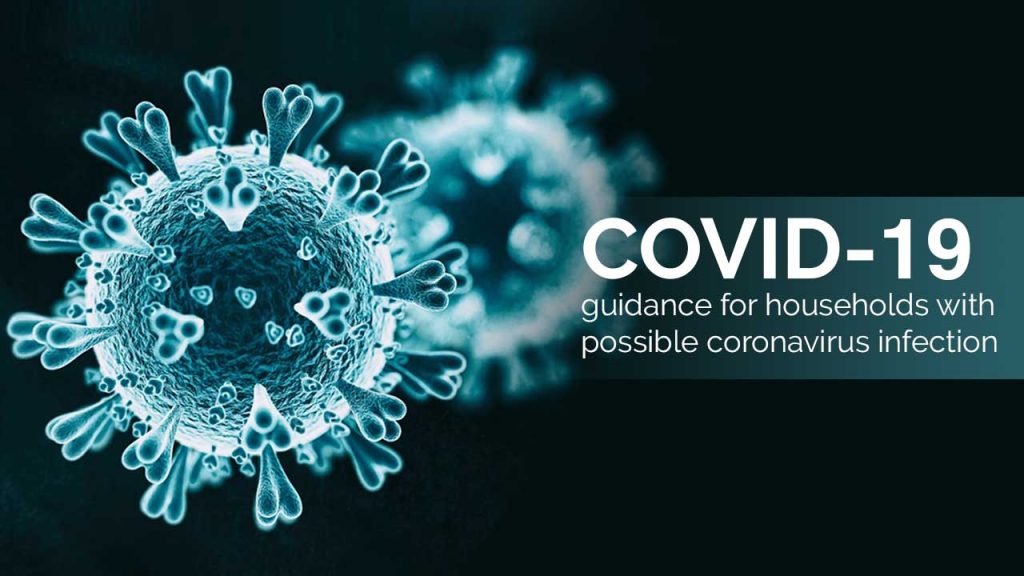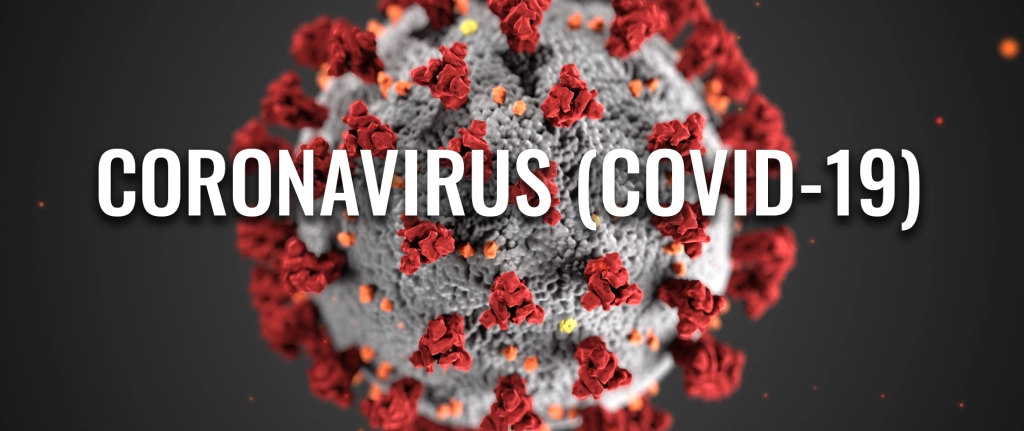
Introduction:
In the midst of the COVID-19 pandemic, reliable information has become a crucial lifeline for individuals and communities worldwide. However, alongside genuine updates from health authorities, there has been an overwhelming surge of misinformation and myths circulating online. This article aims to serve as a comprehensive guide to navigating the COVID-19 infodemic, empowering readers with tools to distinguish fact from fiction and stay informed effectively.
Understanding the Infodemic:

The term “infodemic” refers to the rapid spread of misinformation and rumors during a crisis, often exacerbated by social media platforms and unreliable sources. During the COVID-19 pandemic, misinformation has ranged from conspiracy theories about the virus’s origins to false claims about treatments and prevention methods. Understanding the impact of the infodemic is essential for recognizing its pervasive influence on public perception and behavior.
Reliable Sources of Information:
To combat misinformation, it is crucial to rely on trusted sources of information such as:
World Health Organization (WHO): Provides global updates, guidelines, and scientific briefings on COVID-19.
Centers for Disease Control and Prevention (CDC): Offers comprehensive resources on symptoms, prevention, and vaccination efforts.

National Health Services (NHS) and local health departments: Provide region-specific guidelines and updates.
Peer-reviewed journals and medical literature: Offer insights into the latest research and studies related to COVID-19.
Debunking Common Myths:
Addressing prevalent myths surrounding COVID-19 can help clarify misconceptions and promote accurate understanding among readers.
Examples include:
Myth: COVID-19 is just like the flu
Reality: COVID-19 can lead to severe respiratory illness and has a higher mortality rate compared to seasonal flu.
Myth: Face masks are not effective in preventing the spread of the virus.
Reality: Masks are proven to reduce transmission by blocking respiratory droplets.
Emerging Variants and Vaccination Efforts:
As the virus evolves, understanding emerging variants and vaccination efforts remains crucial. Key points to explore include:

Delta variant: Impact on global transmission and effectiveness of current vaccines.
Vaccination rollout: Updates on vaccine distribution, safety, and efficacy.
Combatting Misinformation:Tips for readers to verify information and avoid falling prey to misinformation include
Check the source: Verify information from reputable organizations and news outlets.
Consult experts: Seek guidance from healthcare professionals or epidemiologists for accurate information.
Fact-checking: Use fact-checking websites and tools to verify claims before
Conclusion:
In conclusion, staying informed during the COVID-19 pandemic requires diligence and critical thinking. By relying on trusted sources, debunking myths, and understanding the evolving nature of the virus, individuals can make informed decisions to protect themselves and their communities. Together, we can navigate the COVID-19 infodemic and prioritize reliable information as a cornerstone of public health resilience.
Recent Comments

Navigating the COVID-19 Infodemic:

The Significance of HumanWellbeing:

Navigating the COVID-19 Infodemic:

Mastering Advanced Trends for Competitive Advantage



